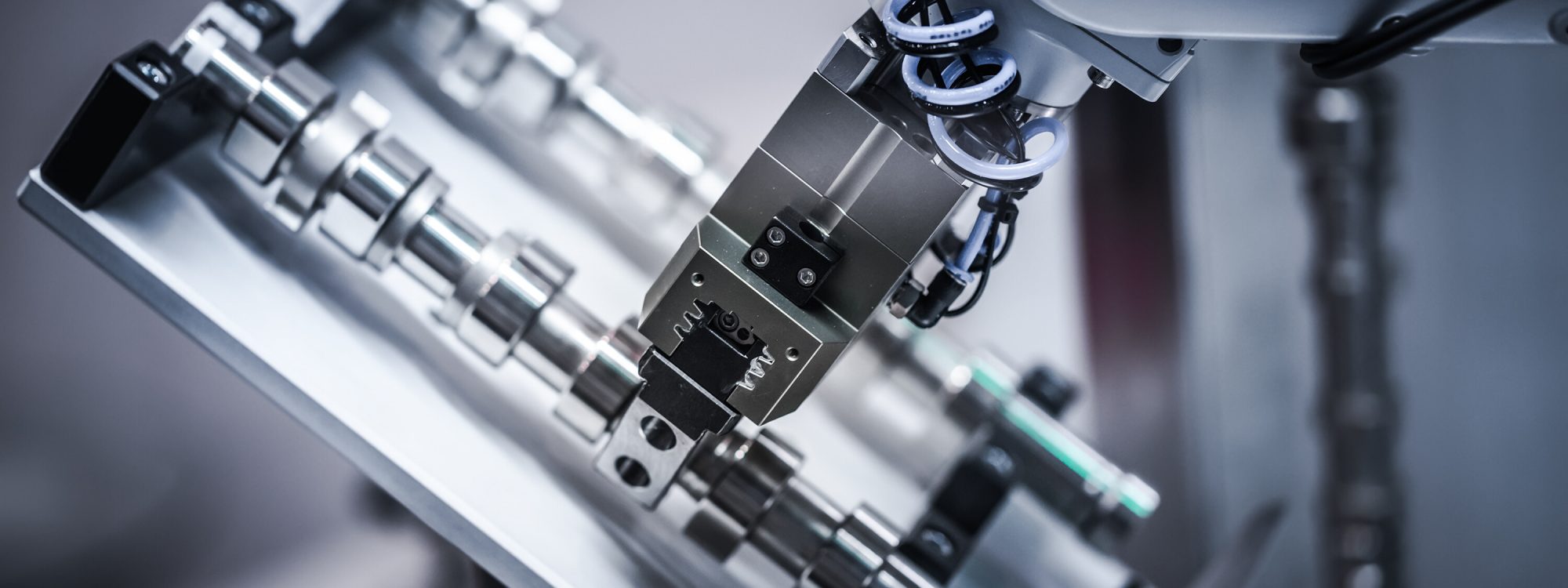IWM – Intelligent Work Machines
The Intelligent Work Machines (IWM) doctoral program educates new generations of professionals to the PhD level with multidisciplinary engineering knowledge needed for the development of intelligent machinery. The doctoral training connects academic research excellence with relevant industrial research and development challenges, accelerating industrial renewal in the machine industry.
Digitalization, electrification, and autonomy are propelling the machine industry towards a disruptive transformation into intelligent machinery. Real-world machines are being demonstrated across the globe in various environments such as indoor and outdoor worksites (mines, airports, and harbours), urban spaces (roads and cities), and natural settings (forests, air, and sea) for applications such as land moving, fire rescue, and transportation of goods and people.
The IWM program conducts doctoral training and applied research on intelligent work machines. The research develops and applies state-of-the-art methods, typically simulation or data-based, in robotics, mechatronics, machine design, machine dynamics, control theory, software technologies, real-time computing, human-machine interaction, communication, vehicle engineering, machine learning, and robotic learning, and business models related to intelligent machines to improve the safety, economic viability, and environmental sustainability of work machines.
The IWM doctoral program brings together leading departments and research groups in intelligent work machines. The program offers 31 positions across five Finnish universities: Aalto University, Lappeenranta-Lahti University of Technology, Tampere University, University of Oulu, and University of Turku.
Research areas: Mechanical Engineering, Smart Systems
Application period was open 20.3.-15.4.2024. IWM selected two doctoral researchers to start their studies in autumn 2024.
University of Turku contact: Associate Professor Wallace Moreira Bessa
IWM doctoral pilot is coordinated by Tampere University.
(Picture: Andrey Armyagov / University of Turku Media Bank)
